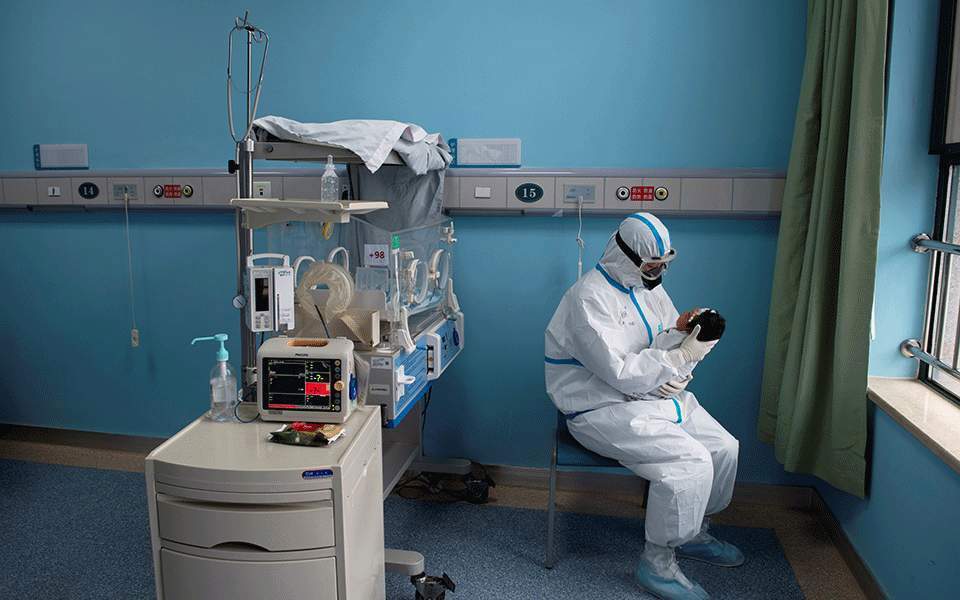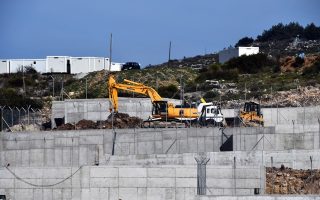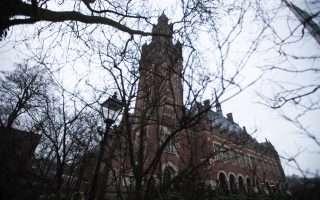Death, liberty and COVID-19

Just as death is the limit of life, so the fear of death, its messenger – a virus, a law, a war – marks the limits of liberty. The spread of the new coronavirus that broke out in a food market in China in December shows how vulnerable we are as individuals and societies. While we were busy with the “high politics” of international relations and the fallout of Donald Trump’s policies on the global economy, the sudden appearance of a microscopic organism, believed to be the spawn of the violent merger between humans and wild animals, has triggered instability on global trade and markets, the deaths of thousands, curbs on the freedom of many millions and insecurity across the world.
In the last few years there was a strong trend toward a return to boundaries, to borders and levies, with the return of nationalism and protectionism and a surge in bigotry. COVID-19 shows us just how similar we all are. We are just as vulnerable as any other person, our societies equally defenseless when neither walls nor habits can protect us. The rapid spread of the virus beyond China, with the rise in recorded cases and deaths, shows that the measures limiting movement that were imposed are inadequate. We have neither treatment nor a vaccine. Nor do we know yet why the virus acts as it does, why it may first cause mild symptoms and then suddenly turn deadly. As humans, we are primed to either stand and fight or run; now we are forced to stay put and live with our fear, to look at death in the face, with no way out. Consider the nightmare of the 2,666 passengers and 1,045 crew members on the Diamond Princess, who were forced to remain in quarantine on the cruise ship in Yokohama for more than two weeks, with the result that 634 fell ill with the virus and at least four have died. The long coexistence of so many people in a confined space appears to have worsened their chances. “What’s the point of isolation?” the New York Times quoted a crew member as saying. “We are stuck in a box which is already contaminated.” The answer is that they were isolated to protect others, not themselves.
Freedom, though, is not measured just by whether we are among the unfortunate ones who find themselves under quarantine without knowing when this will end, without being able to flee the immediate danger and their fear. Freedom concerns our ability to travel, to assemble, to work, to attend school and university, to cross borders, to return home freely even if we have visited a suspect or dangerous region. More than 70 countries have imposed limits on contacts with China and are preparing further limits at their borders and within if the situation worsens. By Tuesday, the World Health Organization had recorded 77,780 confirmed cases and 2,666 deaths in China and 2,459 confirmed cases and 34 deaths in another 33 countries. The WHO’s risk assessment for China is “Very High,” while at the regional and global levels it is “High.” But what applies today may not apply tomorrow. By last Friday, Italy had recorded only three cases and no deaths, yet over the weekend the numbers soared, with 11 deaths being recorded by Wednesday. On the same day, Greece reported its first confirmed case.
Under these circumstances, it is natural for people to lose confidence. In China, car sales dropped to almost zero in February (92 percent to be precise). Clearly, it is not only those who are under quarantine who did not buy; people will not spend savings or borrow in order to buy a car when they don’t know what tomorrow will bring. If this continues, the impact on the European motor industry (and on those of other countries and other industries), will be massive and could exacerbate political and social problems. The drop in Chinese manufacturing will affect industries, supply lines and consumers across the world. Problems in the shipping sector, a drop in tourism (to unpredictable levels), reduced consumption and real estate purchases by Chinese citizens will hurt many sectors and many countries, including ours.
Clearly, COVID-19 threatens not only our health but also the pillars of our economy. More than that, it shakes the very core of our being. We see danger coming and we know that we cannot avert it; when it is right next to us, we cannot run, we are locked inside – with it. And so, despite our primeval fear not only of the unknown but also of the people next to us, despite our being trapped by measures in which we have no faith, we are free to hope that people across the globe are working together, sharing information and knowledge, to find a therapy, a vaccine. We hope that we will be saved by people whom we do not know, from this virus and the next.




